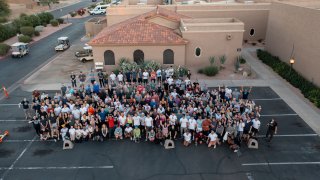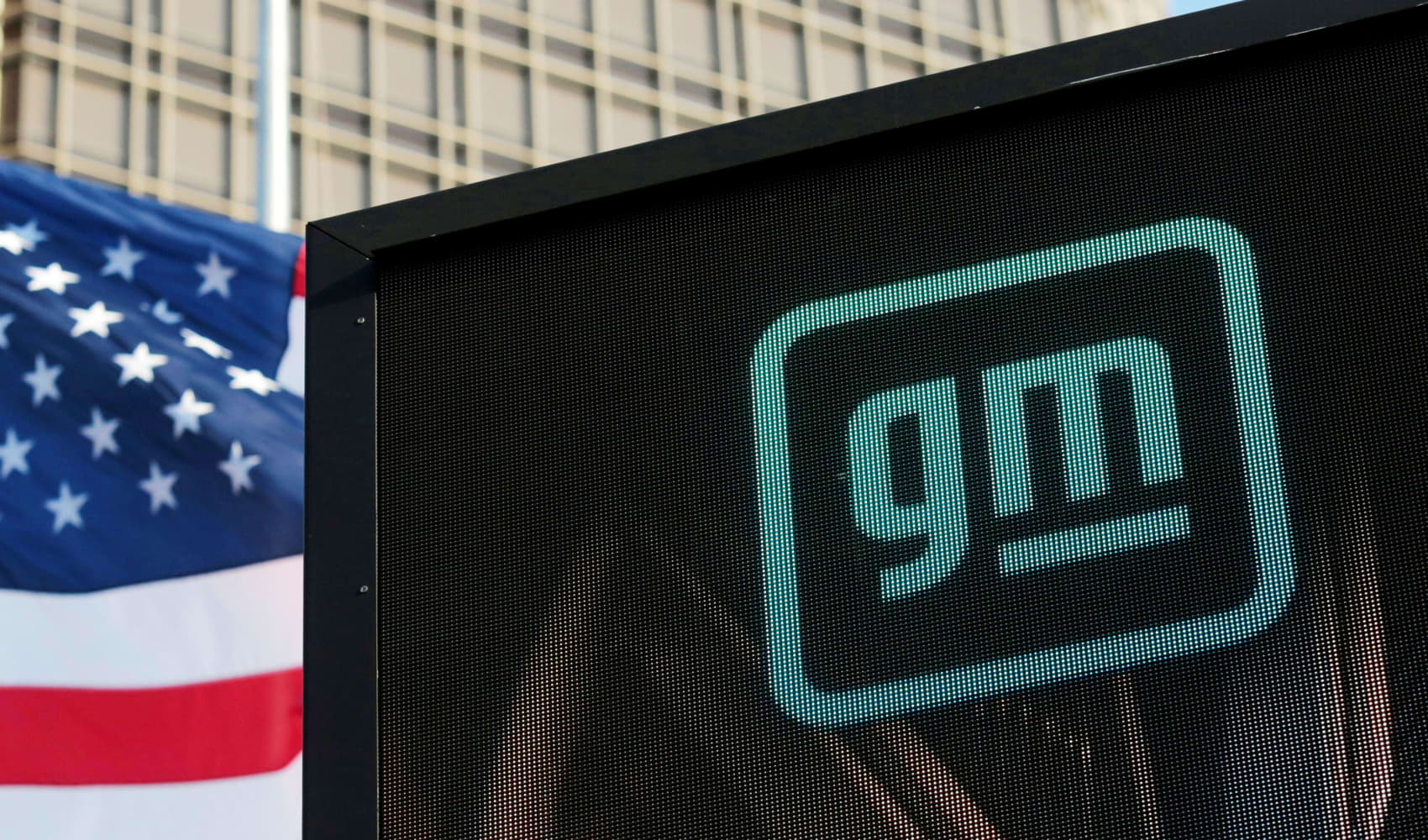
A four-day workweek is now a permanent perk for employees of tech unicorn Bolt.
The San Francisco-based e-commerce developer piloted the program last fall, and the results were overwhelmingly positive, said founder and CEO Ryan Breslow.
"I couldn't imagine running a company any other way," he said.
Feeling out of the loop? We'll catch you up on the Chicago news you need to know. Sign up for the weekly Chicago Catch-Up newsletter here.
Productivity has increased, work has been streamlined and employees are happy, he added. A survey taken at the end of the three-month trial period found 94% of workers and 91% of managers wanted the program to continue.
More from Invest in You:
January is one of the best times to look for a job. How to prepare
These entrepreneurs used the 'Great Resignation' to reinvent themselves
The 'Great Resignation' is being led by low-wage and minority workers
In addition, 84% of employees said they have been more productive, and 86% said they have been more efficient with their time. Meanwhile, 84% saw an improvement in their work-life balance.
Money Report
The idea is not to necessarily take on more work hours but to work more efficiently. During their work hours, employees are laser-focused, Breslow said.
"A lot of companies operate with a lot of work theater, which is people caring more about the appearance of working than the actual work," he noted.
"So you have countless meetings, countless documents, countless presentations," Breslow said. "It's impossible to sift through the noise and get to the heart of the matter."
Bolt, which has 550 full-time employees, is one of a handful of companies in the U.S. that have moved to the shortened workweek.
Proponents are hoping the idea will catch on, especially during a time when attracting and retaining workers is a high priority. Millions of people have quit their jobs as part of the "Great Resignation" over the past several months, with a record 4.5 million doing so in November alone. Experts expect the trend to continue.
"Companies we have helped to make the transition to a four-day week have reported it has significantly expanded their pool of potential recruitment candidates," said Joe O'Connor, global pilot program manager at 4 Day Week Global, which is running tests of four-day workweeks around the world.
So far, 30 companies in the U.S. and Canada have signed up for the six-month coordinated trials this year, which focuses on fewer work hours for the same pay. Pilot programs will also be launched in the United Kingdom, Australia and New Zealand.
"The four-day week challenges the current model of work and helps companies move away from simply measuring how long people are 'at work', to a sharper focus on the output being produced," O'Connor said.
There is even legislation in Congress that reduces the standard workweek to 32 hours, from 40. No further action has been taken since the bill was introduced in July.
To be sure, the four-day workweek won't work for every company or business model. It also has to be implemented properly, with a hard look at the workflow and number of meetings on the calendars.
"It should act as an entry point to a focused, empowered business conversation about how to work smarter and more efficiently," O'Connor said.
Even Bolt made some adjustments along the way before it finalized its permanent schedule.
"This wasn't the easiest operational lift," Breslow said. "It definitely took some work."
Yet, O'Connor is hopeful that the slow momentum toward a shortened workweek will continue.
"2022 will be the year that heralds in this bold new future for work," he said.
SIGN UP: Money 101 is an 8-week learning course to financial freedom, delivered weekly to your inbox. For the Spanish version, Dinero 101, click here.
CHECK OUT: 4 moneymaking side hustles for introverts: Some projects can bring in hundreds of dollars with Acorns+CNBC
Disclosure: NBCUniversal and Comcast Ventures are investors in Acorns.






